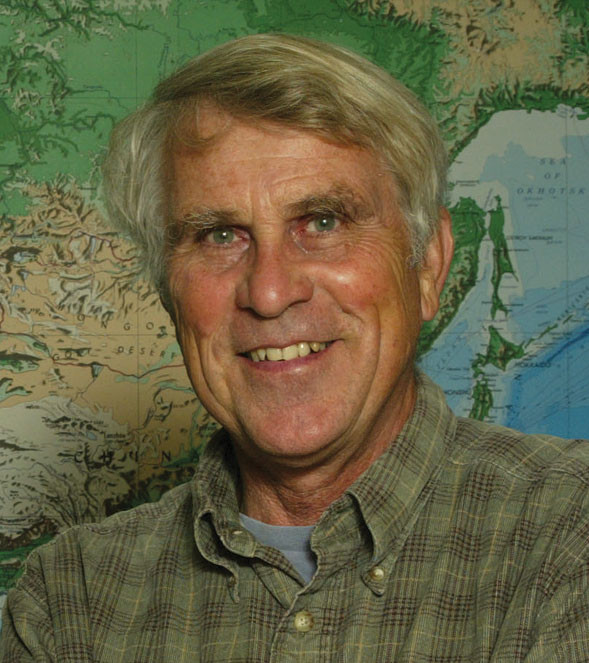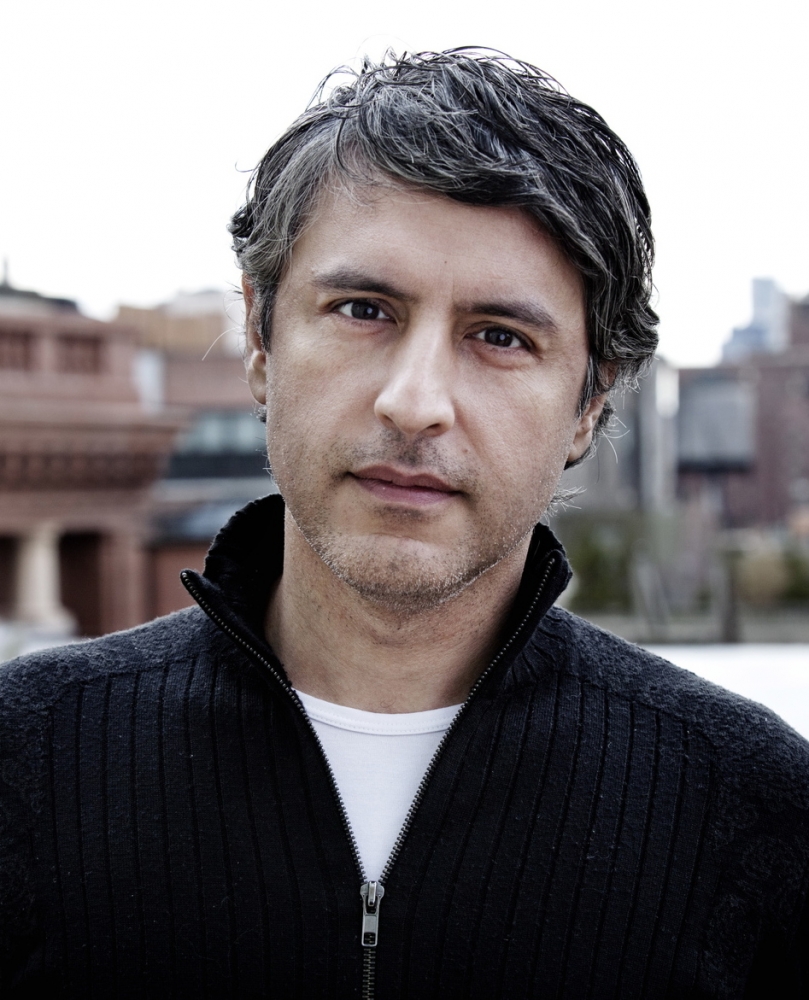
Real-World Scholarship

When the Orfalea Center for Global & International Studies at UC Santa Barbara was established 10 years ago, its mission was fairly simple: to provide support for speakers’ series and seminars. Since then, as the world’s conflicts and challenges have grown increasingly complex, the center has evolved to become one of the most respected of its kind.
“I think it’s fair to say that the center is recognized around the world as one of the leading research centers for the study of critical global issues, and helped to enhance UCSB’s role as the international model for the emerging field of global studies,” said Mark Juergensmeyer, a UCSB professor of sociology and of global studies and the center’s founding director.
Established in 2005 with a gift from Paul and Natalie Orfalea, the center celebrated its 10th anniversary with a series of workshops Feb. 25-27 on campus. Reza Aslan, an author who received his Ph.D. in the sociology of religions from UCSB, delivered the keynote address. Aslan said what has distinguished the center from others around the country is its engagement with the world.
That insistence on becoming a part of the public conversation, Aslan explained, is the key to the center’s growth and leadership on important issues. “Obviously we’re living in a time of profound religious conflict throughout the world, and it seems as though it’s on everybody’s mind; it’s certainly the overwhelming topic of the media,” he said.
“But it’s a very polarized debate,” Aslan continued. “It’s been divided between left and right, conservative and liberal, and I think there’s an enormous amount of ignorance about this conversation — ignorance clouded by overwhelming fear. And so it requires precisely the cool-headed, calm analysis by centers like this to give people a sense of clarity about what it is we are truly witnessing, and how to understand it. I think particularly at a time like this you can’t really exaggerate the importance of a center like this to the national conversation about religion and violence.”
Aslan credited Juergensmeyer, who was his faculty adviser, for the center’s focus on addressing global issues. “I think the most important lesson that I learned from Mark is how to be a scholar in the world,” Aslan explained. “I think that my biggest complaint about academia is how cloistered it can sometimes be. I think Mark, with his scholarship and his activism, really taught me that you can translate difficult academic ideas into a popular language, and you can actually have an impact on the public discourse on issues. That’s the lesson that I have taken to heart in trying very hard in my career to live out to its full potential.”
Over the years, the center has hosted a number of large projects that have focused on the intersection of academic interests and some of the critical issues in public life, Juergensmeyer said, “such as the creative and destructive role that religion plays in global civil society. The center has formed networks with other programs of global studies around the country and throughout the world, especially through its founding support for the international Global Studies Consortium.
“At the same time it has reached out and engaged members of the local Santa Barbara community in its programs,” Juergensmeyer added. “Increasingly the center has tried to mobilize faculty at UCSB through research clusters and hubs that work on issues of global concern.”
Natalie Orfalea, co-founder and chair of the Orfalea Foundation, praised the center’s leadership in building a world-class program.
“With the creation of the Orfalea Center for Global & International Studies and the Masters of Arts in Global Studies program, UCSB designed a visionary program that inspires students and faculty to open new dialogues and critically examine global issues, while preparing students for the important task of working with global NGOs and nonprofits,” Orfalea said. “We are honored to have played a role in the investment and training of a new generation of thoughtful, engaged and action-oriented global citizens, and applaud the Orfalea Center’s commitment to collaborative research projects with partners around the world.”



